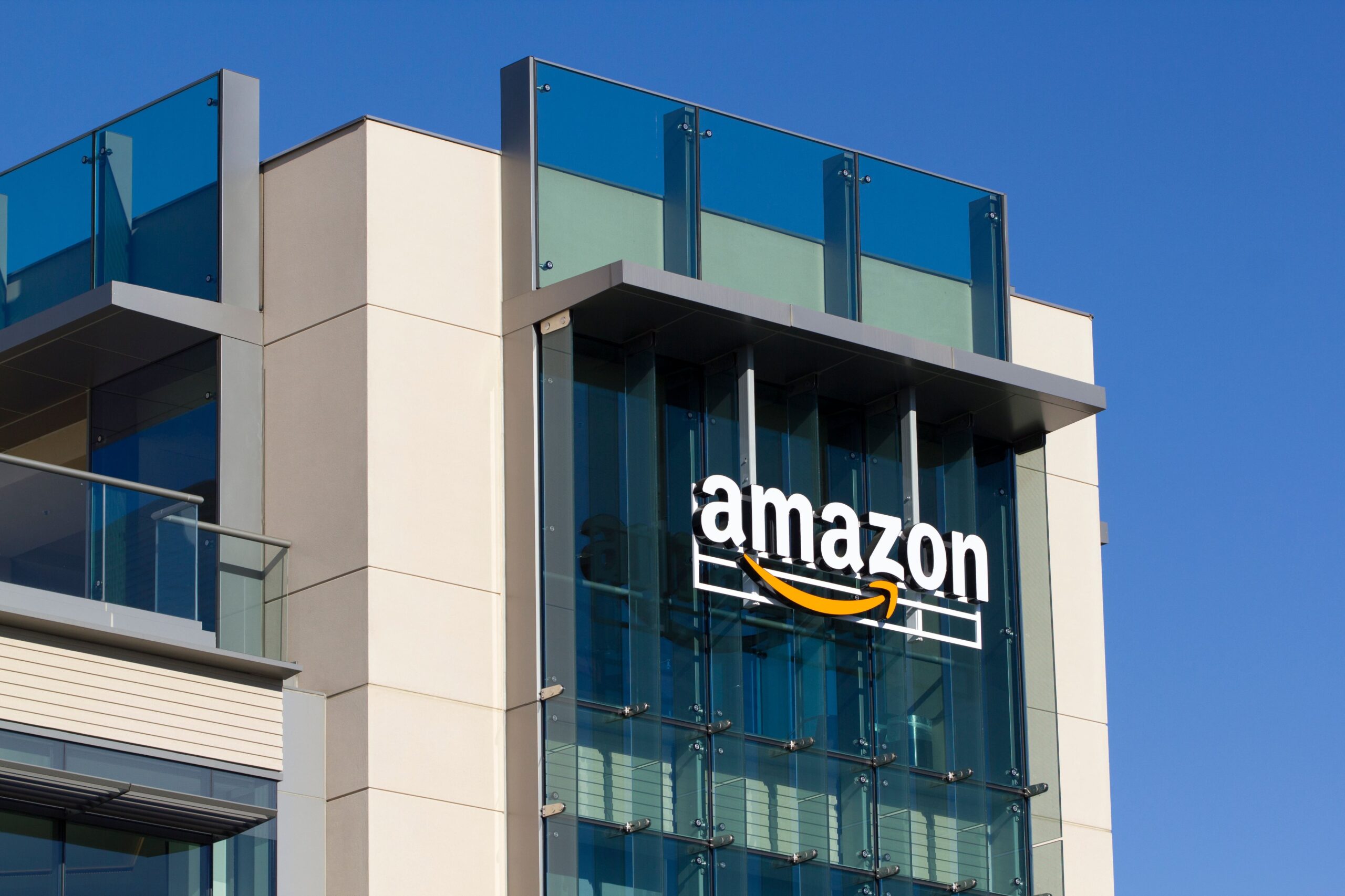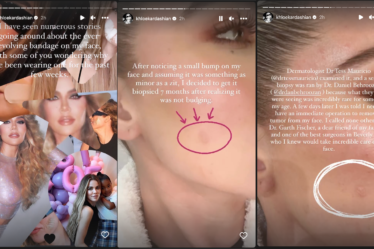
Two of tech’s largest players, Amazon and Facebook parent Meta Platforms Inc., are testing a feature that lets shoppers buy Amazon products directly from ads on Instagram and Facebook.
The initiative, which involves asking consumers to link their Amazon accounts to their social-media profiles, could make Meta more attractive to advertisers and let Amazon attract more shoppers from outside its web store.
The unprecedented partnership between the two companies also could help them fend off challenges from TikTok, which has launched a US e-commerce marketplace, as well as such Chinese upstarts and Temu and Shein.
US shoppers will see real-time pricing, delivery estimates and product details on select Amazon ads running on Facebook and Instagram, according to an Amazon spokesperson.
“For the first time, customers will be able to shop Amazon’s Facebook and Instagram ads and check out with Amazon without leaving the social-media app,” the spokesperson said.
Meta declined to comment and referred questions to Amazon.
It wasn’t immediately clear how widespread the new initiative is, but some Instagram ads already urge users to “shop with Amazon” and take them to a product page and purchase button.
Maurice Rahmey, whose company helps brands advertise on Meta and Google, posted a video of the opt-in feature on LinkedIn. “This partnership could be a massive revenue opportunity for Meta, Amazon and, most importantly, advertisers,” he said in his post.
Amazon has been working to better target customers outside of its main app and marketplace. The company rolled out “Buy with Prime” last year as a way to generate logistics revenue from transactions made on other websites and enhance the value of Prime memberships.
Meta has struggled to make inroads in e-commerce. The company abandoned its Instagram shop tab, which let users find shoppable content on their feeds, and shut down live shopping features for Facebook and Instagram.
For its part, Amazon has long appealed to mission shoppers who know what they’re looking for, but is less adept at helping consumers discover products.
In 2021 Apple Inc. made changes to its privacy polices that let users choose not to be tracked by advertisers. This severely limited ad targeting on iOS devices, costing Meta an estimated $10 billion in advertising revenue last year. Since then Meta has been looking for ways to boost the accuracy of its ad targeting using artificial intelligence.
Shopping apps and social-media sites tend to be silos that don’t cooperate with one another, according to Juozas Kaziukenas, the founder and chief executive officer of Marketplace Pulse, which monitors online sales. But he says the partnership between Amazon and Facebook shows how their strengths can be complementary.
“Shoppers get more relevant ads and a faster checkout experience, Amazon gets more shopping volume,” he wrote in a post about the agreement.
This article was written by Spencer Soper and Aisha Counts from Bloomberg and was legally licensed through the DiveMarketplace by Industry Dive. Please direct all licensing questions to legal@industrydive.com.
Learn more:
On TikTok Shop, Any Beauty Product Can Be a Viral Star
The platform’s freewheeling approach to e-commerce has opened the floodgates for established labels, grey-market sellers and influencers to entice beauty shoppers to buy. But with little oversight over fake product listings, brands must negotiate how much control they want to give over to the app.



